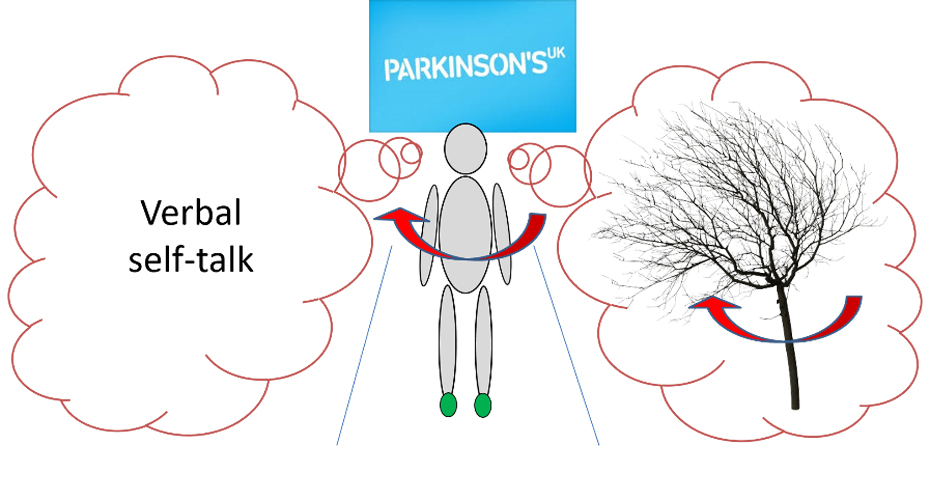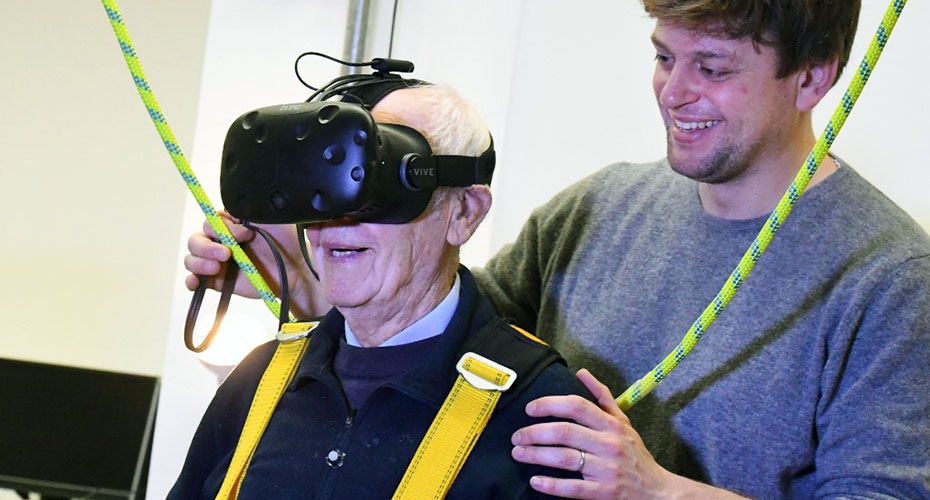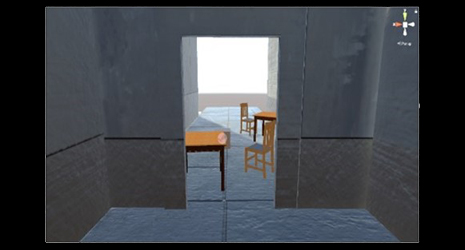Developing low-cost cues to help people with Parkinson’s overcome Freezing of Gait
Freezing of Gait (FOG) is one of the most disabling features of advanced Parkinson’s. Often described as the sensation of one’s feet being ‘stuck’ to the ground, affected individuals often avoid leaving their homes for fear of falling or embarrassment.
As freezing is exacerbated by anxiety, sports psychologists are well-placed to design strategies that might help people allocate attention in more efficient ways to avoid freezing or initiate a step from a freeze during anxiety-provoking situations.

This project involves the development and evaluation of a range of strategies that might help people to overcome freezing, not only in laboratory settings, but in daily life both inside and outside their homes.
Weight-shifting and VR
We aimed to determine if a simple, novel and cost-effective intervention (using movement analogies) could help people with Parkinson’s to shift their balance in a way that helps them initiate a step from a freeze.
In this project, participants wore a VR headset showing environments representative of typical domestic scenes that often exacerbate freezing of gait, such as a doorway with surrounding furniture. These environments were used, not only to induce freezing, but also increase anxiety, simulating freezing in daily life.
Initial findings indicate a clear benefit of using weight-shifting techniques, when trying to initiate both a step forward and a step to the side (turning is a problem associated with freezing).

Next steps
Further work is currently in development to evaluate if these strategies are safe and effective to use in daily life, and if they can be taught using a simple instructional video.
Publications
- Auditory cueing in Parkinson's patients with freezing of gait. What matters most: Action-relevance or cue-continuity?
- Analogy learning in Parkinson's disease: A proof-of-concept study
Contact
For more information on this project, please contact the project lead: Dr Will Young.
Funding partner
This project was funded by Parkinson’s UK.
